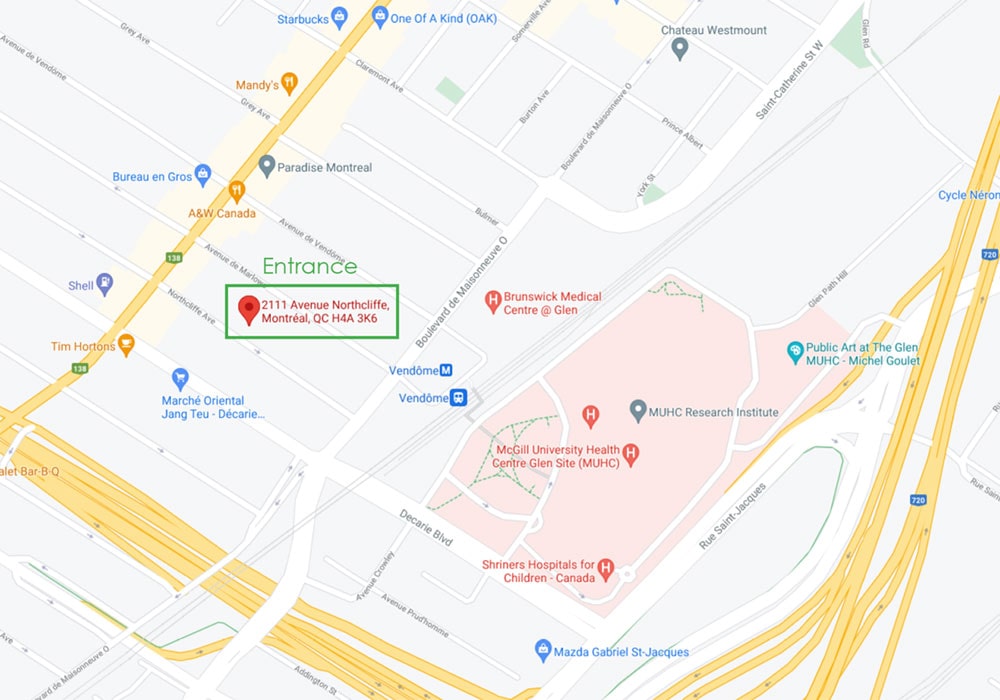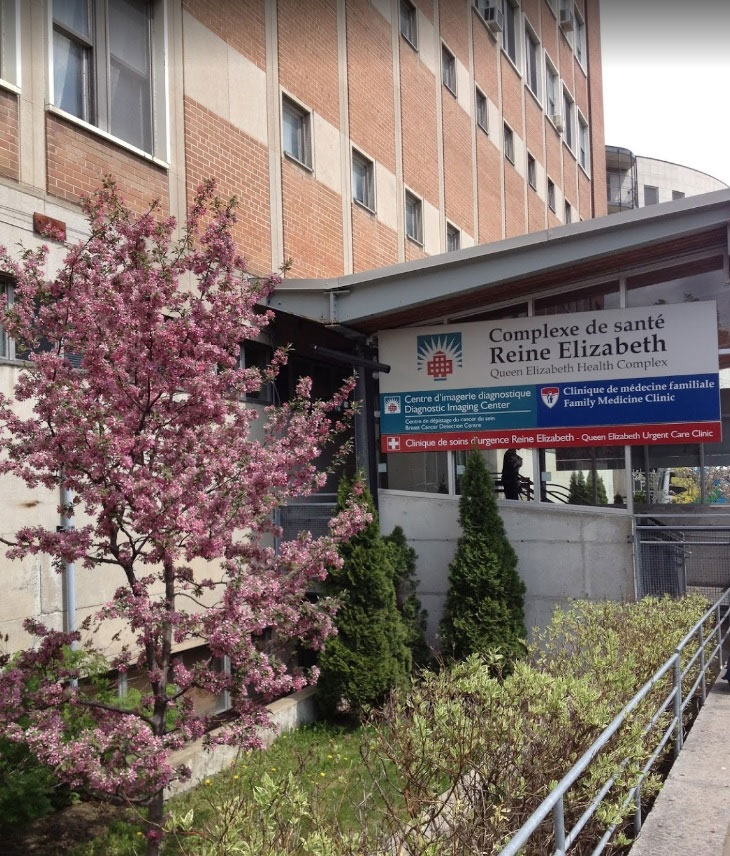1. How come the test is only eligible to women aged 45-70?
As this test is being offered as a clinical study, we have to be strict with the age group. The test is only offered to women aged 45-70 inclusively. In reality, the average age of diagnosis for ovarian and endometrial cancer is 63. These cancers are most frequently diagnosed between the ages of 55-64. Consequently, the trial is capturing this age group which is at a greater risk of developing these cancers. This is similar to the mammogram which is only indicated for women aged 50-69 in Quebec as this is the population at risk for breast cancer.
Sources for facts about age HERE and additionally HERE
Breast cancer screening in Quebec information HERE
2. Is the test only available in Montreal?
Our team is located in Montreal, Quebec and this is where the research study will take place. If you are willing to travel to us for both visits and are eligible to participate, you are more than welcome to call us for an appointment. We have the proper facilities to perform the study at this location as well as accommodate participants following COVID-19 regulation.
3. I have a strong family history of ovarian and/or endometrial cancer in my family, am I eligible to participate?
Any woman between the ages of 45-70 with a uterus is able to participate. If you are younger than 45 and have proof of a genetic mutation (such as BRCA1/2 or MSH2/6) predisposing you to ovarian and/or endometrial cancer, you are eligible and can call us to book an appointment. We would ask for proof of this genetic test result before the first visit. If you haven’t been tested, we suggest you speak to your family doctor about genetic counselling to assess your risk.
4. Does it cost anything to participate?
No, as this is a study funded by Genome Canada, Genome Quebec and the MUHC Foundation, all research related costs are covered. Any medical procedure such as a blood test or ultrasound is covered by RAMQ and therefore would necessitate a valid Health Insurance card.
5. Is the test painful?
As with any gynecological procedure, the process can be described as uncomfortable. Since the sample for the DOvEEgene test is taken from the uterus, it may cause discomfort and cramping. However, the sampling is not as painful as an endometrial biopsy since we do not collect tissue. As pain is very subjective, we have had women in the past describe the procedure as very uncomfortable to no pain at all.
6. How long is the study open?
We plan to recruit between 3500 to 4000 women into the study. We expect to finish recruitment in 2 years, therefore we estimate the clinic to be open between May 2021 to May 2023 but this timeframe is not fixed.
7. Are you still recruiting during COVID /government issued lockdown measures/red zone?
Yes, we have set up the clinic in order to accommodate participants in a safe environment. This means that we are respecting all sanitary and physical distancing guidelines.
8. I want to participate but I previously had a surgery to remove my uterus, what can I do?
Unfortunately, the DOvEEgene test collects cells from the uterus therefore we cannot accept anyone who has previously had a hysterectomy. However, if you do develop symptoms of ovarian cancer such as abdominal or pelvic pain, lower back pain, increased urinary frequency, early satiety, etc. then you can call us to participate in our other study, the DOvEE project, where you will receive a blood test and a transvaginal ultrasound.
GENERAL ENQUIRIES

MEDIA ENQUIRIES
OFFICE HOURS
| MON-FRI | 8:30 am – 4:30 pm |
| Saturday | Closed |
| Sunday | Closed |

